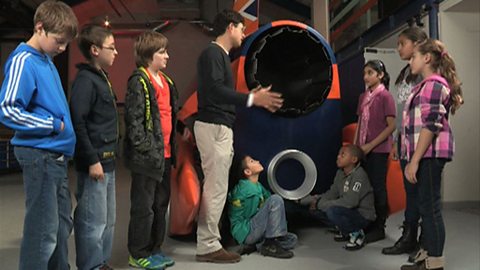Dr Yan Wong sets a team of young investigators a challenge; to decide whether the Bloodhound super sonic car is most similar to a car, a boat or a plane.
They visit a racing track to find out about the design of cars, observe a junior water-skiing champion to find out how boat design influences Bloodhound.
They also meet the RAF fighter pilot who will drive Bloodhound, to find out why driving it will be like flying a plane.
They compare and contrast features of all three, and conclude that Bloodhound has attributes from all three.
This clip is from the series The Bloodhound Adventure.
Teacher Notes
This clip could be used to classify means of transport.
Show the clip and invite the pupils to participate in the discussion as to whether the Bloodhound is a car, a ship or a plane.
Ask the children to work in three groups to find arguments for each of them.
This can also be used to look at pioneering engineering projects such as the Bloodhound project.
Have the children heard about it before?
Start a discussion on why it might or might not be a good idea to develop a 1000mph car.
Are there other scientific benefits coming out of this development?
Can the children think of other examples like the Montgolfière, the hot air balloon developed by the Montgolfier brothers?
Curriculum Notes
This clip will be relevant for teaching science at Key Stage 2 in England, Wales and Northern Ireland, and Level 2 in Scotland.

More from The Bloodhound Adventure
Experimenting with balloon-powered cars. video
Primary school pupils investigate which model car design is faster; one propelled by an elastic band around the axel, or a balloon-powered car which doesn't directly power the wheels.
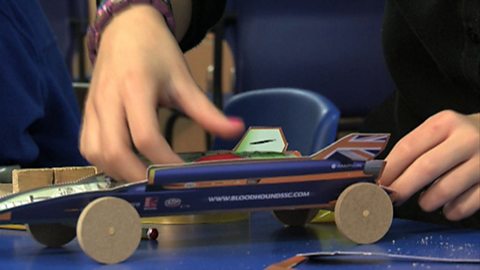
Experimenting with reaction times video
Children from New Invention Junior School in the West Midlands investigate their reaction times and how these are affected by distractions.
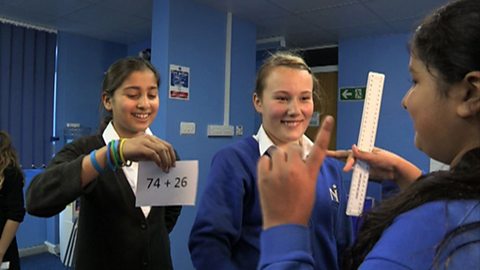
What's Bloodhound like to drive? video
Primary school children investigate what driving a car at over 1000 mph would be like, by trying out at RAF flight simulator and taking a flight with Bloodhound's driver Andy Green.
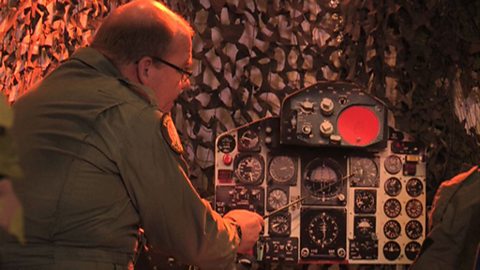
Experimenting propulsion with water rockets. video
Primary school children investigate the theory behind what makes the Bloodhound Supersonic car's rocket engine work, trying to make their water rockets travel the farthest.
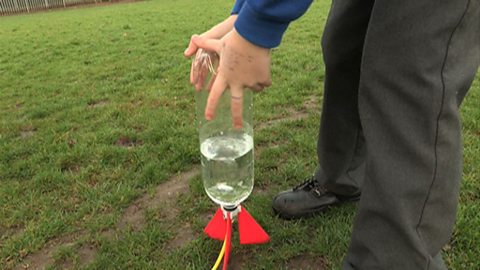
Harnessing air resistance with parachutes. video
Children from Links Primary School in London investigate harnessing air resistance in order to safely drop an egg, experimenting with different parachute designs.
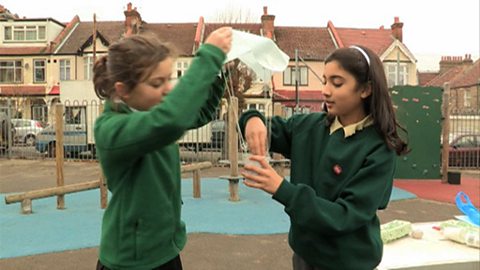
How air resistance slows down vehicles. video
Bloodhound Investigators find out how air resistance can be used to slow down vehicles. They also discover the importance of traction, drag and aerodynamics.
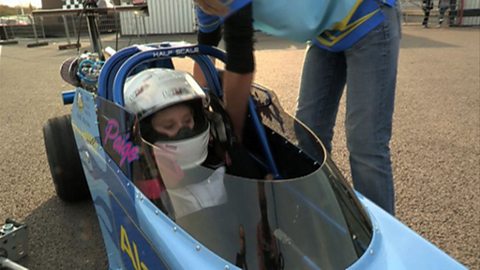
Investigating air and water resistance. video
Primary school children investigate which shapes travel fastest through water, to understand what is the best design for the Bloodhound Supersonic car.
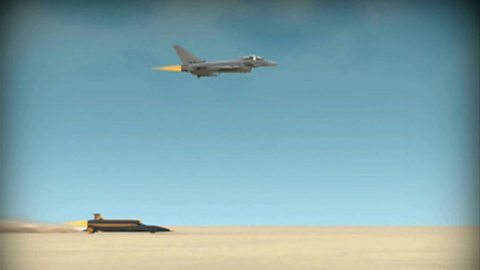
Investigating friction. video
Dr Yan Wong and children from Links Primary School in London investigate friction by trying to separate two interleaved books.
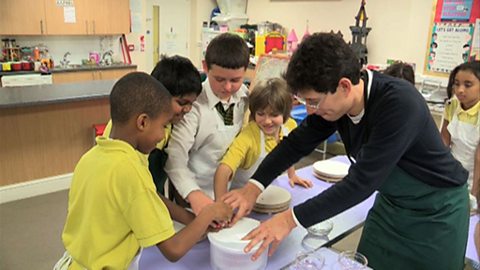
What impact does air resistance and density have on travelling fast? video
Primary school children try skydiving, flying a microlight and racing in a swimming pool to understand how air resistance and density will affect the Bloodhound Supersonic car.
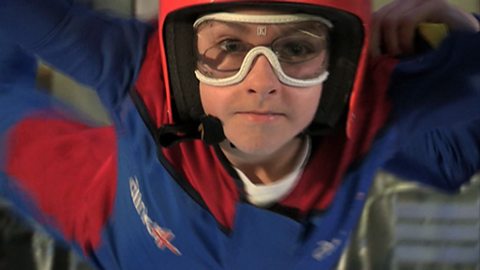
Why doesn't Bloodhound have tyres? video
Primary school investigate why cars normally have tyres - even though Bloodhound SSC does not. They visit a race track to find out about grip and traction, and ride bikes to find out about comfort.
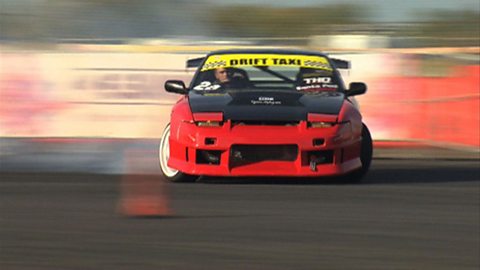
What makes a supersonic car move? video
Primary school children find out about the engines that will propel the Bloodhound Supersonic car to 1000 mph, a jet engine and a rocket engine.
